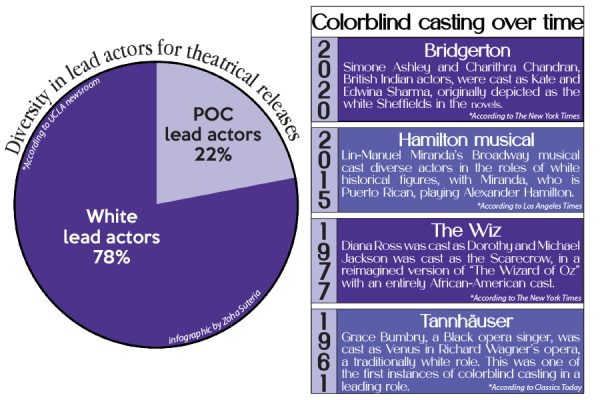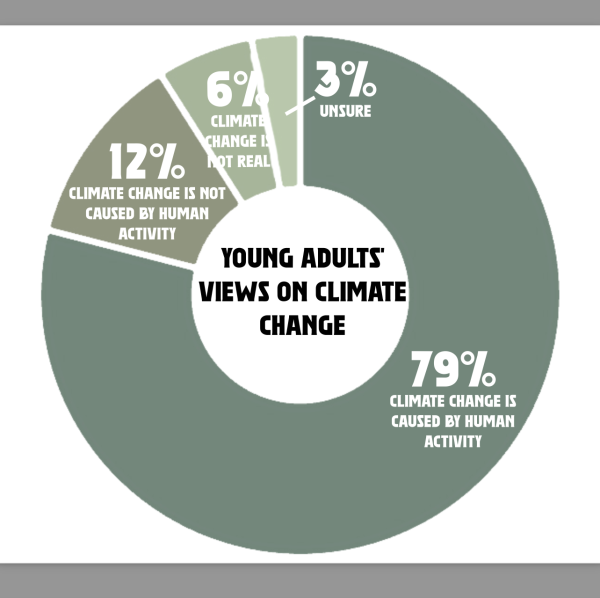Reflection vital for understanding of sexuality
October 2, 2015
When I was 14, during the summer of my freshman year, I was introduced to a girl who called herself “bisexual”. Though I knew what it meant, I had never met anyone who called themselves that before. Nonetheless, I thought of that as merely a fact about her, and we quickly hit it off.
As we got to know each other over the next few hours as well as keeping in contact over the next few weeks, I noticed that what I was feeling for her was a little more than friendship. We had so much in common and so many similar interests that I was drawn to her in a way I never had been toward a girl before. Feelings like this were completely unprecedented for me at the time, leaving me overwhelmed with questions about myself.
Fortunately, there was someone who could help me work through my inner conflict. My best friend at the time was a boy who had recently discovered he was gay. He sat me down and told me that I needed to slow down, relax and give myself some time.
I soon learned that having feelings for one girl didn’t make me a lesbian, because there are sexualities that are in between. I didn’t have to have a name for what I was feeling in order to feel it. I was relieved to discover that there was at least one person in my life who would accept me, even though I didn’t know what to call myself.
Unlike many in my position, I had someone there who could remind me not to label myself immediately. Had I tried to, I may have spent a lot more time confused and frustrated. Instead, I reflected inwardly for a while before landing on the conclusion that I am bisexual.
Having the opportunity to keep from labelling myself right away was what allowed me to deal with questioning my sexuality in a healthy way. Unfortunately, teens in that position often feel pressured to come up with a name for what they are feeling, which has a potential result in a label that isn’t right for them. Taking time to allow for experimentation and reflection is the only way to deal with the question of sexuality.
That is not to say that everyone needs a definition or a label for their sexuality. I went without one for a while, and it wasn’t a problem. But when friends and family are aware of someone’s experimentation, it often puts pressure on the person to come up with a way to describe the way they are feeling.
In this case, it is not the responsibility of the person questioning their sexuality to come up with a label, nor is it the responsibility of those around them to come up with one. Rather, friends and family need to give the person space to figure themselves out.
While my story is a relatively simple one, not too dramatic or traumatizing, I’ve watched as friends have had rumors spread about their sexuality before they’re even sure about it. They were faced with questions from peers that they were unable to answer, leaving them more confused and with feelings of judgement. The pressure to search for a label made it so much harder on them for no reason.
It is not the responsibility of an individual to keep those around them updated on their sexuality. While others may want a label for something they don’t understand, they must respect the person that label defines. Understanding how one identifies is something that takes time, and it shouldn’t be decided on before careful reflection.














